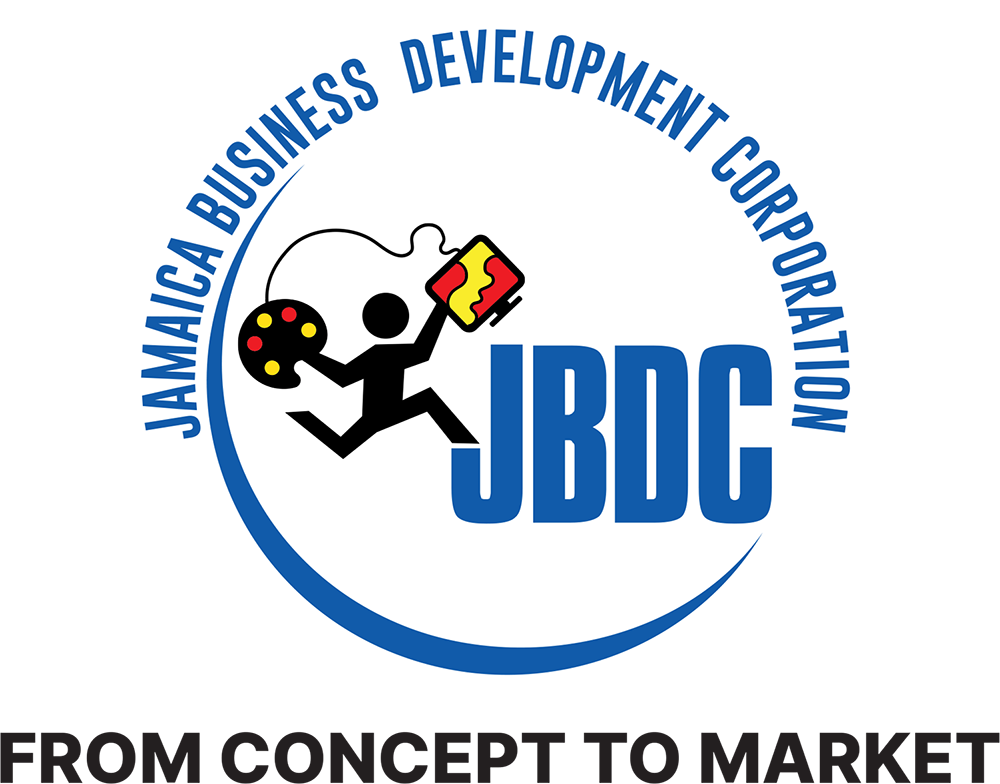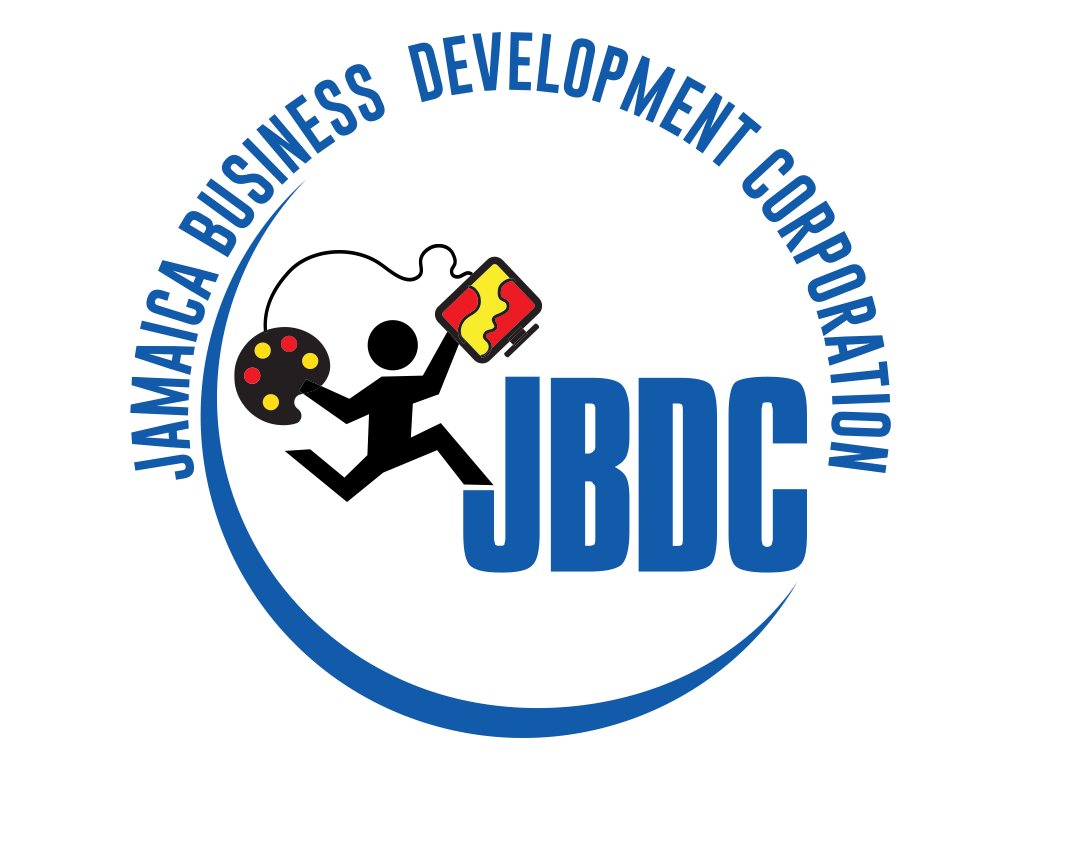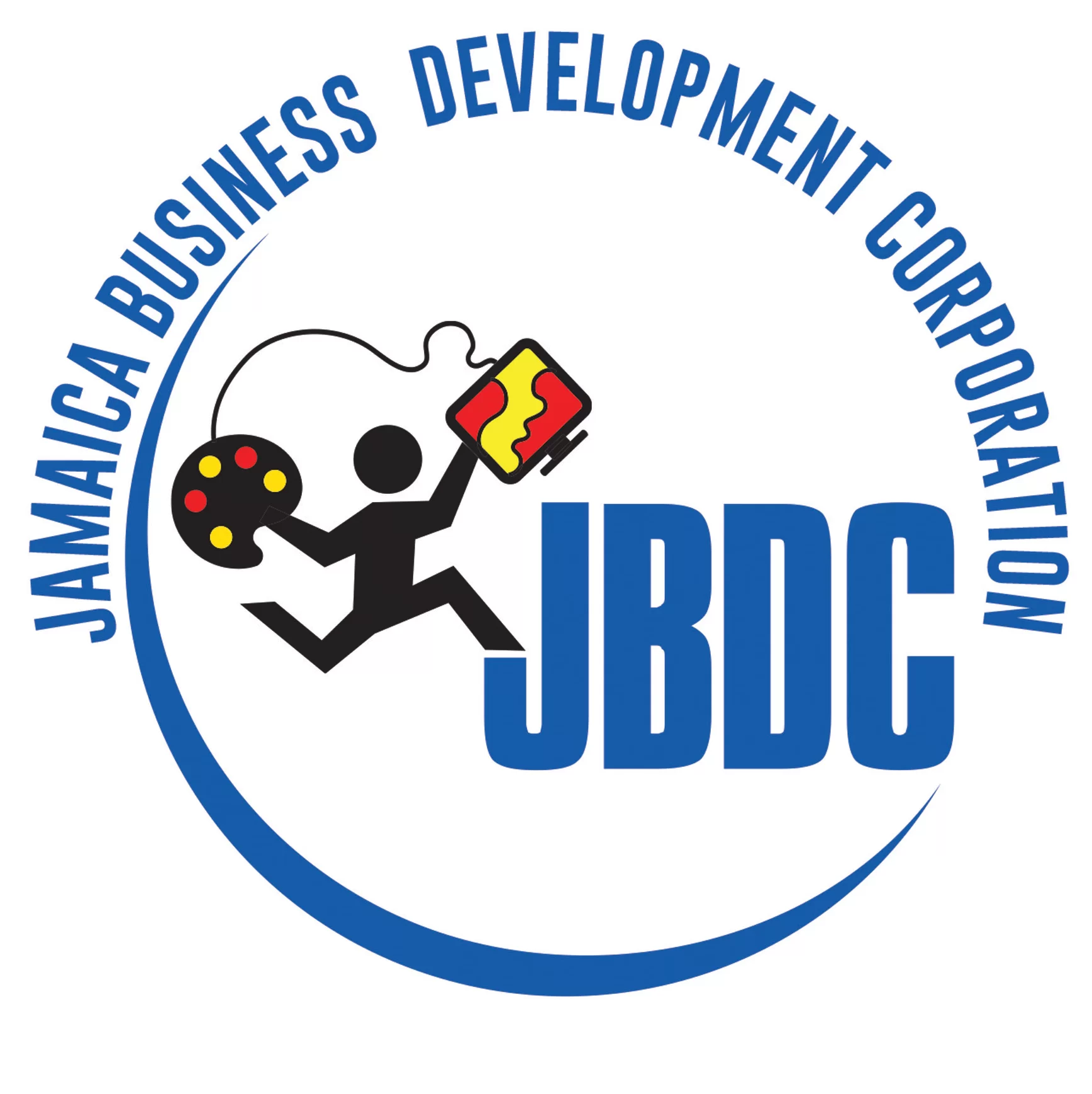You decided to take the step into business and you have been doing your entrepreneurial endeavours to the best of your ability, but there is an insatiable desire to grow, learn and improve your business. Here is where the Entrepreneur Weekly comes in. For the month of May, we will be tackling topics that supplement your existing knowledge especially for entrepreneurs who have already taken the plunge.
There are tools and methods that entrepreneurs must get acquainted with to see their business achieve success. Frameworks and models are useful for seeing your business for what it is and where you want to take it. If you have been in business for a while, you’re probably acquainted with the concept of business models but a refresher is always useful to refocus your mind on how you really want your business to be run, and there are always ways to improve what is existing.

What is a Business Model?
A business model is defined by Investopedia as “A company’s plan for making a profit. It identifies the products or services the business plans to sell, its identified target market, and any anticipated expenses. Business models are important for both new and established businesses.” Business models throughout the years have found varying descriptions but it largely comes down to how an organisation creates, delivers, and captures value.
How does it Help?
There are many benefits of using a business model in your business, it brings a level of clarity that going about casually doing business cannot provide. Joan Magretta from Harvard Business Review in her article called Why Business Models Matter? poses some good questions a business model must address. She said, “A good business model answers Peter Drucker’s age-old questions: Who is the customer? And what does the customer value? It also answers the fundamental questions every manager must ask: How do we make money in this business? What is the underlying economic logic that explains how we can deliver value to customers at an appropriate cost?”
Margretta says, “A successful business model represents a better way than the existing alternatives. It may offer more value to a discrete group of customers. Or it may completely replace the old way of doing things and become the standard for the next generation of entrepreneurs to beat.”

Types of Business Models
There are varying types of business models, but the Harvard Business Review simplifies it by listing a few basic ones and how they work in their article What is a Business Model?
1.Affinity Club: Pay royalties to some large organisation for the right to sell your product exclusively to their customers.
2.Brokerage: Bring together buyers and sellers, charging a fee per transaction to one or another party.
3.Subscription: Charge a subscription fee to gain access to a service.
4.User Communities: Grant members access to a network, charging both membership fees and advertising.
5.Freemium: Offer basic services for free, charge for premium service.
JBDC Helping You Figure it Out
The Jamaica Business Development Corporation (JBDC) has always taken a keen interest in helping entrepreneurs figure out ways to improve their business and the core of the organisation is to provide business development support to the Micro, Small and Medium-sized Enterprise (MSME) sector. Through their upcoming Starting a Business Workshop, presenters will tackle various topics useful for those who are already in business.
One of the modules to be covered is Lean Start-Up: The Lean Canvas, which is a tool used to help entrepreneurs with their business models. According to Ms. Keera Walters, Assistant Manager of the Business Advisory Services Unit, “The lean start-up methodology refers to a now widely known new venture start-up approach which focuses on experimentation in testing and validating ideas before accepting one’s assumptions about business strategies. Historically, start-ups have focused on creating products they think customers want then emphasised heavily produced marketing to launch those products. The belief in the building the product and customers will come approach is a main cause for start-up failure. The lean start-up methodology is based on using customer insight and feedback to create the right product for the right market.”
Continuing, she said “The lean canvas was created by Steve Blank as a replacement to the business plan document. The canvas was inspired by Alex Osterwalders’ Business Model Canvas, which Blank believed was more appropriate for established businesses. So, Blank adapted this model by changing the headings to suit more of a start-up approach.” The Starting a Business Workshop will go in-depth into this topic and participants can look forward to receiving a wealth of knowledge from industry experts. The workshop begins on May 11, 2023 and runs for four weeks with cost being $10,000 for the entire programme. Interested persons can register at .
Sources
https://hbr.org/2015/01/what-is-a-business-model
https://hbr.org/2002/05/why-business-models-matter
https://www.investopedia.com/terms/b/businessmodel.asp










